INDUSTRY
India’s food safety regulations and enforcement still have a long way to go
- IBJ Bureau
- May 30, 2024
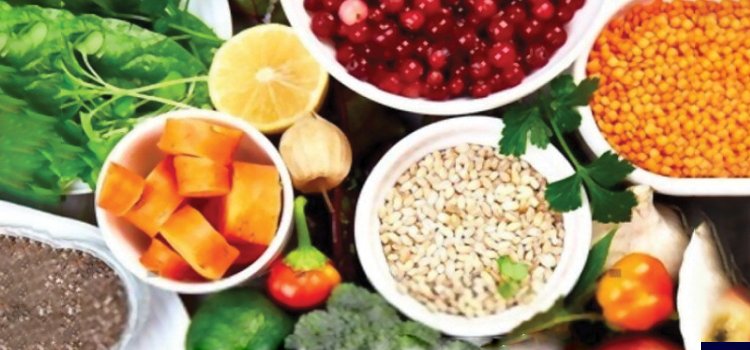
Nine years ago, Maggi hit the headlines for all the wrong reasons. The popular noodle brand of Nestle India was found to have contained MSG and lead well over permissible limits. The matter came to light when Food Safety and Standards Authority of India (FSSAI) seized packets of Maggi from Uttar Pradesh and found them to be contaminated with MSG and lead. The two-minute snack was banned for several months in the country. But in 2015, a court set aside the ban, and Maggi was back on the shelves and breakfast tables across the country.
Cut to 2024, and Nestle India finds itself embroiled in another row. This time, the issue is with the Swiss food company’s baby food brand Cerelac. Campaigners from Public Eye, a Swiss investigative organisation, have found that the company adds sugar and honey to infant milk and cereal products sold in African and Asian countries, including India.
Nestle has denied these findings and added that its infant food products adhere to the global standards across the world without any discrimination. The jury is still out as the charges against Nestle have not been proved as yet. But if they turn out to be true, it would be rather damning. Nestle will be seen as being lax in relatively-poorer countries, while it follows the law down to the last letter in developed countries.
Nestle India is not the only one to find itself in the dock when it comes to food safety. Top Indian spices brands, like MDH and Everest, are also in trouble, with their products being banned by regulators in Singapore and Hong Kong. These brands are found to be laced with unsafe levels of ethylene oxide, a known carcinogen that carries over to food from fumigating agents.
Charges against these popular food brands – both Indian and multinational – are indeed serious. But what is of greater concern is the recurring issue of unsafe food and beverage that people end up consuming in India despite several safeguards. The FSSAI came into being in 2008, two years after the enactment of the Food Safety and Standards Act. However, the agency has had a chequered record. It has consistently been hamstrung by shortage of staff and infrastructure. This has meant that a large section of the market views regulation as paperwork rather than regular inspections followed by expert guidance.
Poor regulation and sketchy monitoring are the usual suspects in any developing country. Add to them corporate greed, and you have a deadly concoction that could turn food into poison. Another dangerous trend occurring in recent years is a false sense of hyper-nationalism that is compounding the problem manifold. The FSSAI seems to be taking a proactive stance when it comes to cases of multinational companies. But the food regulator is found wanting in cases where Indian companies seem to be on the wrong side of the law.
India’s food safety regulations and enforcement have come a long way from the earlier shoddy standards. But a lot more needs to be done. A recent report of the Comptroller and Auditor General reveals that in more than 50 per cent of cases tested and checked during the audit, licences were issued based on incomplete documentation.
The FSSAI and the government must ensure that standards are constantly updated based on scientific assessment and global health advice. The food regulator must be adequately staffed and well equipped to ensure that food sold across the country is safe for consumption. A country with a growing food market and rising global aspirations cannot afford to be lax when it comes to food safety.

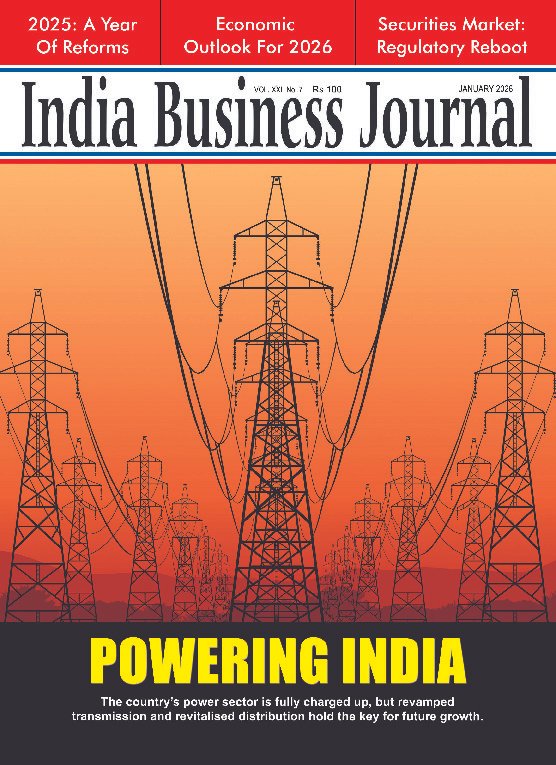


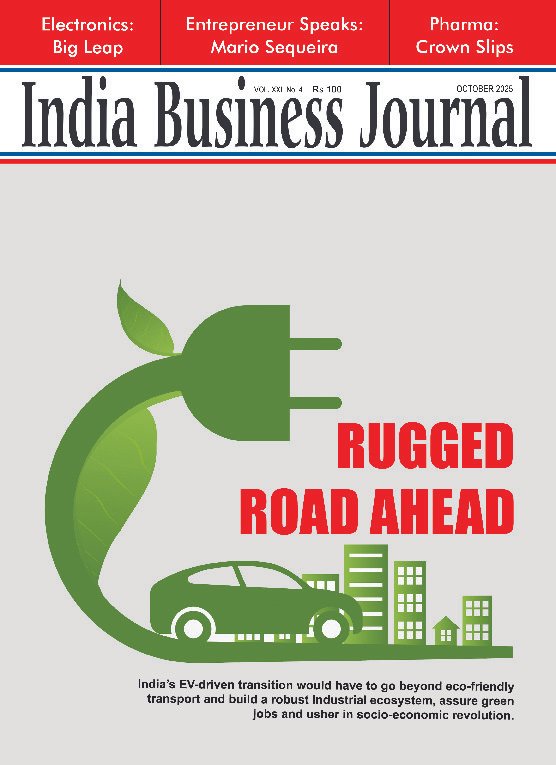
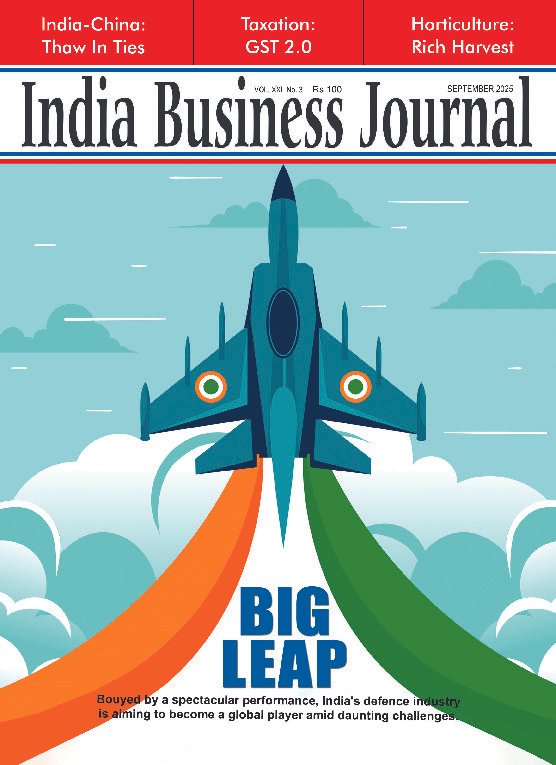





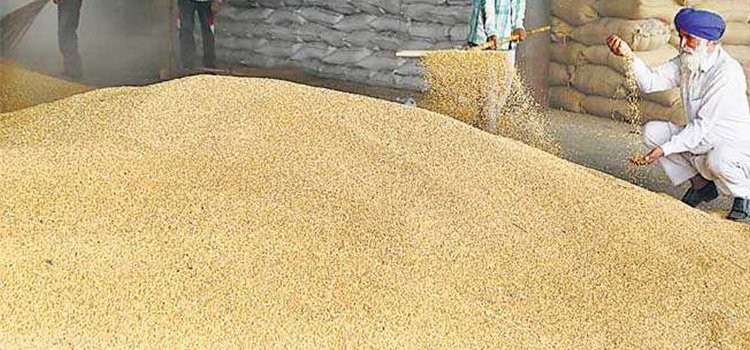
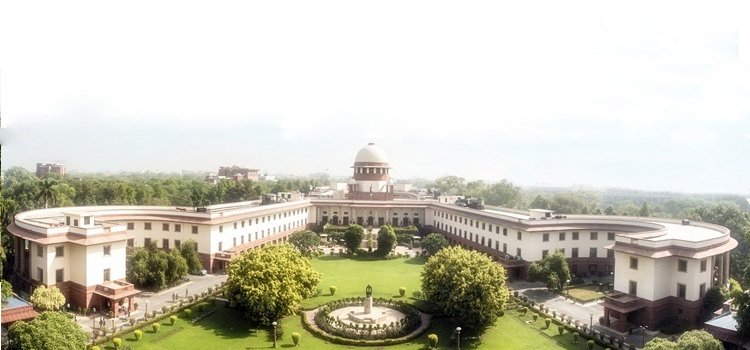
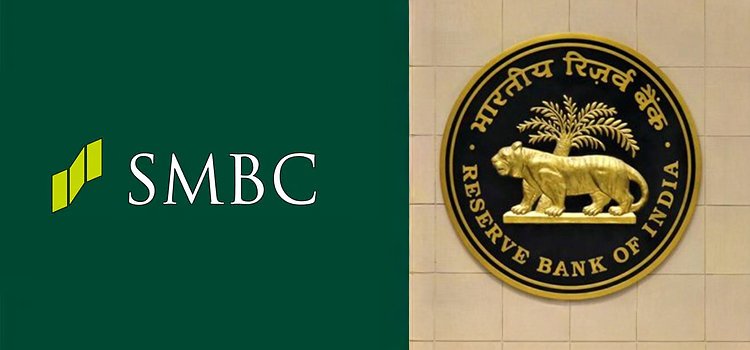
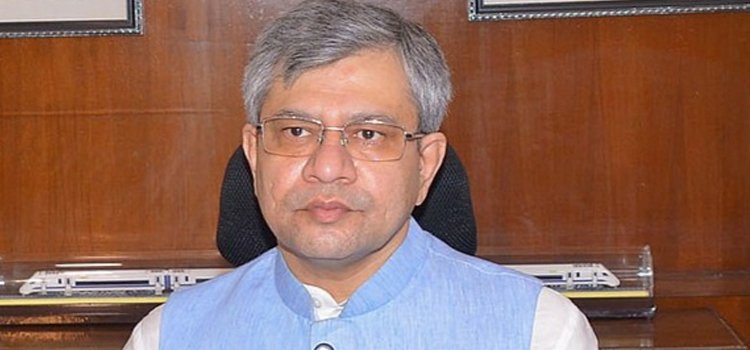
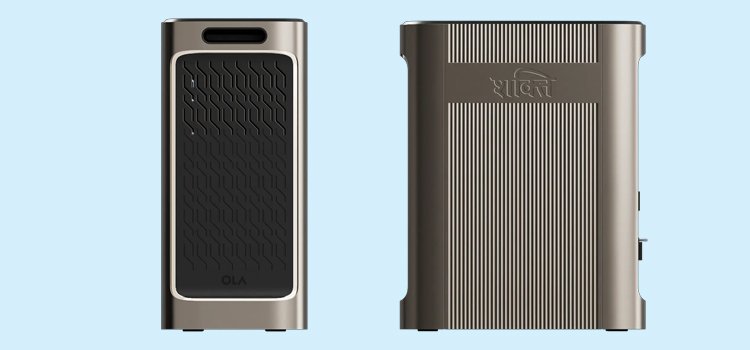





Report By
View Reporter News